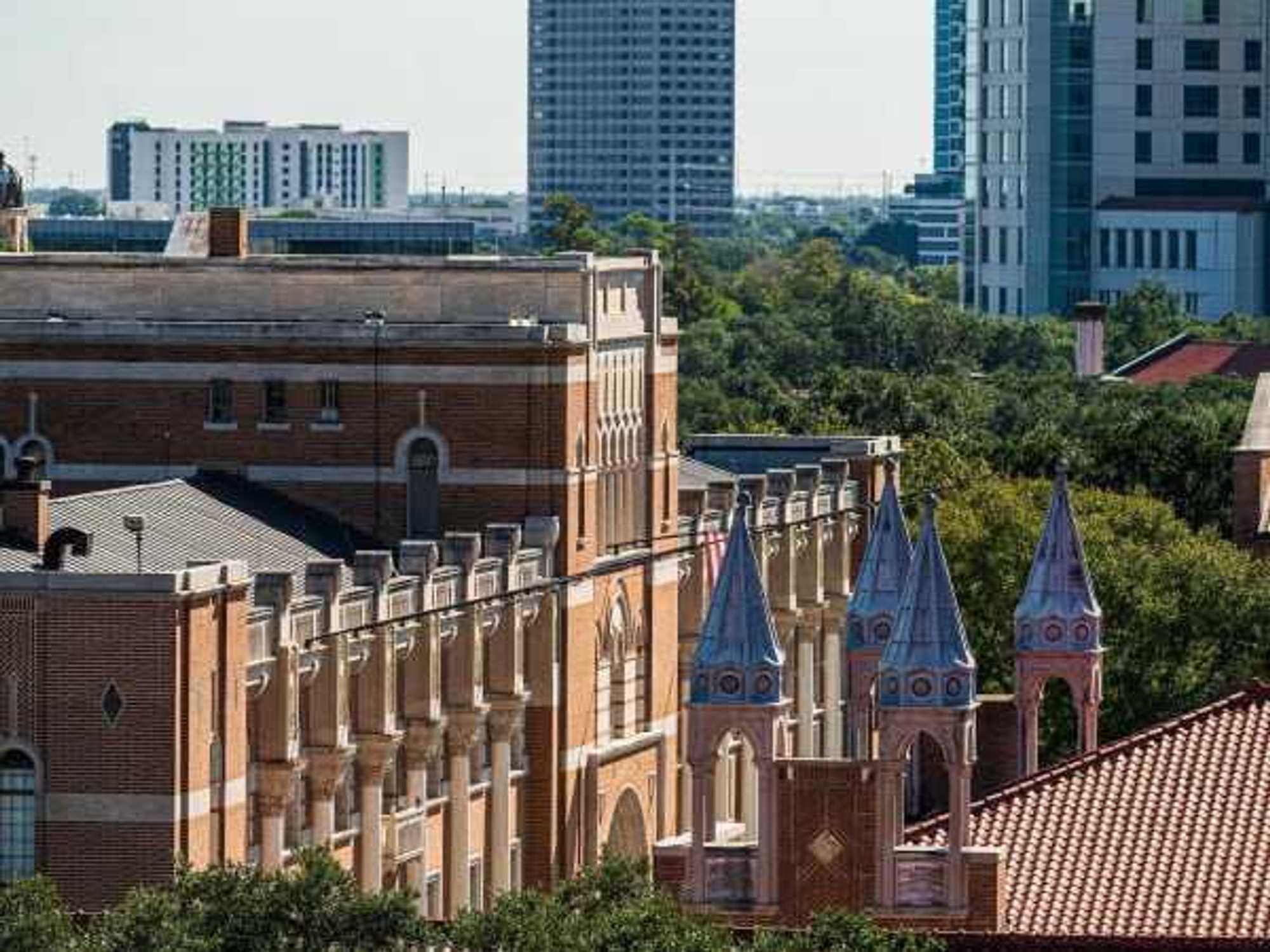remembering the good dr. freireich
Trailblazing MD Anderson cancer researcher passes away in Houston

A local legend in the field of cancer research and treatment has died. Emil J Freireich, M.D., the oncologist who developed groundbreaking therapies for childhood leukemia at The University of Texas MD Anderson Cancer Center, passed away at the hospital on February 1. He was 93.
An MD Anderson faculty member for some 50 years, Freireich developed a reputation as a “founding father of modern clinical cancer research,” MD Anderson notes.
Beloved for his confidence, passion and “occasional ferocity,” He led the facility’s leukemia research program for decades, where he trained hundreds of physicians and scientists, per his biography. His protocols helped establish the groundwork for randomized clinical trials; he also instituted many teaching programs for graduate students, fellows, and faculty to drive progress in cancer research and treatment, per his biography.
Notably, Freireich is credited for helping introduce the concept of treating childhood leukemia with combination chemotherapy (here, cancer drugs are given simultaneously rather than singly). He also made the significant discovery that leukemia patients frequently bled to death because of insufficient platelets.
His finding led to the development of the first continuous-flow blood cell separator, for which he holds the patent.
A gifted wunderkind, Freireich was born in 1927 and grew up poor in inner-city Chicago during the Great Depression. A high school physics teacher encouraged Freireich to enter the University of Illinois in Champaign at age 16. He waited tables and did other odd jobs to help pay for his education, his biography notes.
He was recruited to MD Anderson in 1965 to launch a chemotherapy program. To honor his illustrious career, MD Anderson created the Emil J Freireich Award for Excellence in Education in his honor.
Even after retiring in 2015, Freireich made regular visits to the MD Anderson campus in Houston to teach and consult.
Perhaps his greatest legacy is saving the lives of countless children. “Leukemia at that time was a horrible illness — a death sentence,” Freireich said in a 2015 interview regarding his first days of treating patients in 1955. “Most children lived only eight weeks after being diagnosed.”
Today, the five-year survival rate for children with acute lymphocytic leukemia, the most common childhood leukemia, is about 90 percent overall, according to the American Cancer Society.
“Dr. Freireich was a giant of modern medicine whose impact on the field of cancer is beyond compare. His passing will be felt around the world and within the MD Anderson community,” said Peter WT Pisters, M.D., president of MD Anderson, in a statement. “For more than 60 years, he pushed boundaries and devoted himself to saving young lives and relieving suffering. Dr. Freireich’s compassion and empathy, with a focus on the holistic needs of individual patients, was fused with scientific creativity and perseverance. This rare blend of exceptional qualities has created a lasting legacy that will forever be part of the history of cancer research and that of MD Anderson.”
Houstonians who wish to pay tribute to the late doctor are encouraged to donate to this special MD Anderson fund created in his honor, according to his family.
